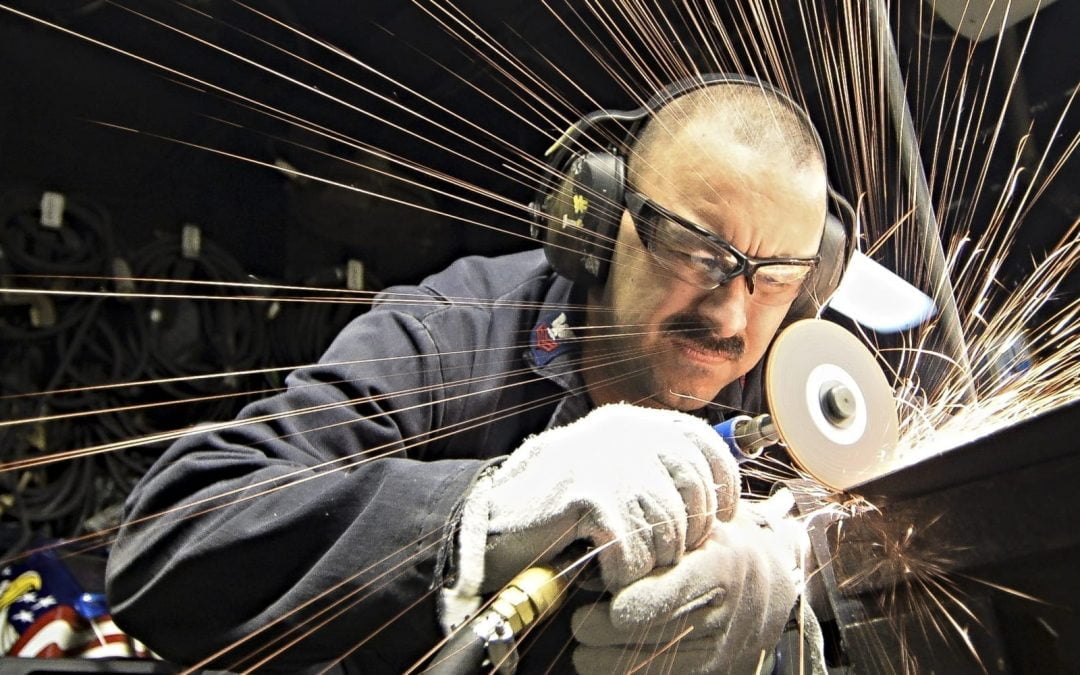Labor Day has, at some level, always felt a little unnecessary to me.
For, unlike Independence Day or Memorial Day, when we wrestle with aspects of our country that might seem out of sight, “labor” is something we do all the time.
We do not, in other words, need to be more aware of the fact we are laboring.
This is, I take it, part of the problem. And so, instead of being a time to remind us that we labor constantly, Labor Day perhaps can be a time of reflection on how we labor.
Labor Day, first nationally celebrated in 1894, was established to celebrate not just work, but the accomplishments of trade unions and labor movements.
This seems strange to us now, in an environment increasingly hostile to labor unions, but at the turn of the 20th century, it was commonplace to know that labor happened not as a matter of individual achievement, but in and among a community of laborers.
Nearly 125 years later, our national economy has become largely what some economists have termed a “gig economy,” where individual workers contract for work, working from contract to contract.
Since 2008, much of the economic recovery has been characterized not by long-term positions, but by these temporary, short-term arrangements.
While this kind of economy makes room for innovation and flexibility, for many, this brave new world of labor comes packaged with anxiety about future income and the inability to establish roots in any one environment.
The freedom of the gig economy has, at one level, become a freedom from security, stability and community.
While the “gig economy” does not represent the majority of American labor, the precarity that it represents is felt whenever work becomes severed from the ability for that work to sustain our living.
Whether seen in the arguments about whether minimum wages should be replaced by “living wages,” or in the arguments about whether health care should be uncoupled from employment, there is a persistent worry that our working is becoming the organizing center of life.
It is here that it is important to remember what labor movements were for, and why Labor Day – as a Christian – should cause us to reconsider how we are working.
Labor movements were behind the establishment of the minimum wage, the eight-hour workday, the weekend; labor movements were the birthplace of collective bargaining, safe working conditions and sustainable work conditions.
One of the benefits here is not simply a better way to work, but a limit to work itself: that work should end at the day’s end, and that workers should be able to rest well.
Absent these restraints, work can easily become a self-justifying enterprise, a created good turned into a voracious idol.
Work is not, as some have contested, a necessity created of sin, but a task seen even in Eden; Genesis depicts work as intrinsic to our world in any event, attending to the rhythms of the world.
What is at stake is whether we will work in ways that celebrate work as the reason for our existence, or work in ways that acknowledge the real and good limits to our need for labor.
Will we continue to emphasize forms of work that drive us deeper into insecurity, or emphasize forms of work that correspond to the divine intent of creation?
As the people of God, Labor Day is a day to remember. To paraphrase Jesus, work is for the benefit of people, not people for the benefit of work.
Editor’s note: This article is the first in a series for Labor Day 2018.


